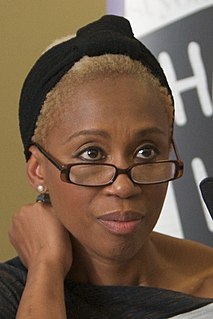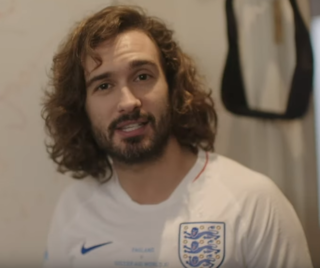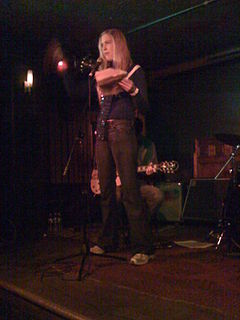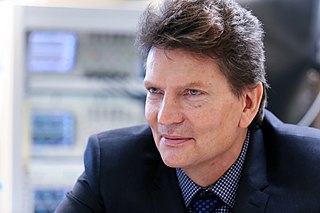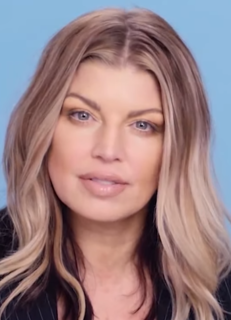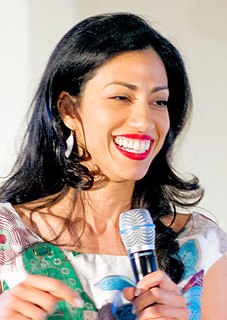A Quote by Trisha Goddard
I've had a lot of cognitive behavioural therapy, and am having a family now.
Related Quotes
The cognitive therapy that takes place in the film Antichrist is a form of therapy that I have used for some time, and it has to do with confronting your fears. I would say that especially the part of the film that has to do with therapy is humoristic because people who know about this form of therapy would know that the character is more than a fool.
The government ought to help out, because the average citizen can't go out and be doing reviews of the scientific literature. And focus on the processes that have low side effects and good long-term outcomes. Right now you're going to find those in the psychosocial area, in the therapy area, in the empirically supported treatments such as ACT or cognitive behavior therapy, behavior therapy. And go there first rather than going to the pill bottle as if it's going to be the end of your journey. Very often it's only going to help, and even only to a minor degree, and more is going to be needed.
I would rather not write if I'm depressed, or am going through a breakup, or I've had some disappointment, or I'm having a family issue. You don't want to just put out an open wound. Sometimes that just isn't even really good writing. Good writing should be good writing and storytelling and not just therapy or someone's personal journal.
The therapy has been on and off, but I'll always go. I notice when I don't go, I start creating bad habits for myself. It's up to me to put in the effort. And I definitely watch The Secret a lot. That's part of my therapy: positive thinking. Really seeing yourself having everything you want, and feeling the emotion of having that. I did that about a Grammy. When The Secret came out, I was saying, "I'm going to win a Grammy." And I went there with my hypnosis and believing, really feeling what it would be like to have one.
I do enjoy having researchers and writers around me because I am getting a lot of different influences now from the opposite sex, different races, people of different ages, who are helping write the routines. So I am seeing things from other people's perspectives, which I never really had to do before.
Our marriage, like many others, has had its ups and its downs. It took a lot of work and a whole lot of therapy to get to a place where I could forgive Anthony. It was not an easy choice in any way. But I made the decision that it was worth staying in this marriage. That was a decision I made for me, for our son and for our family.
